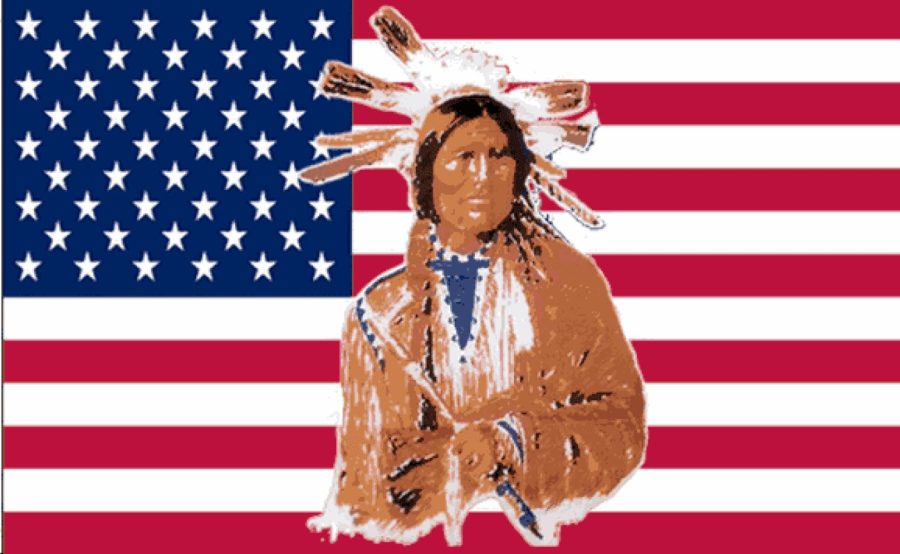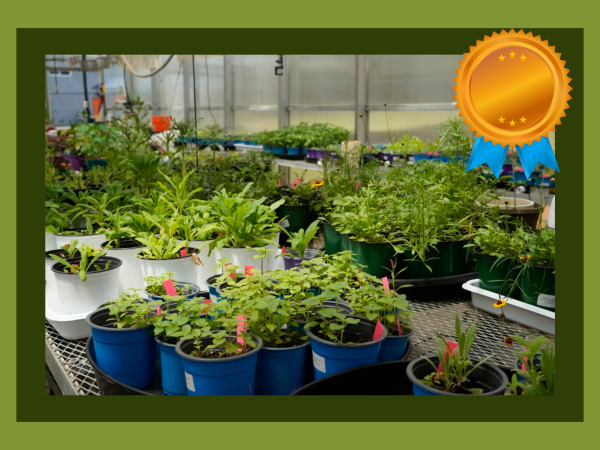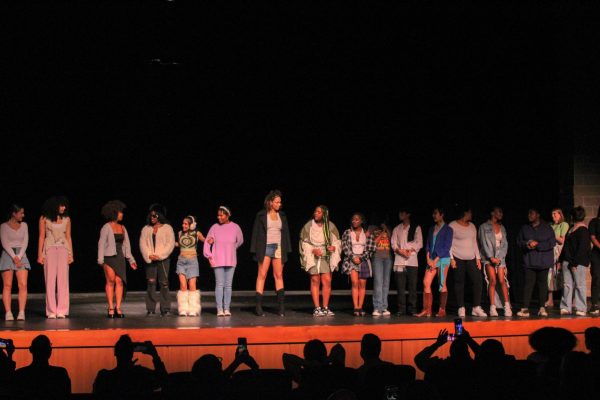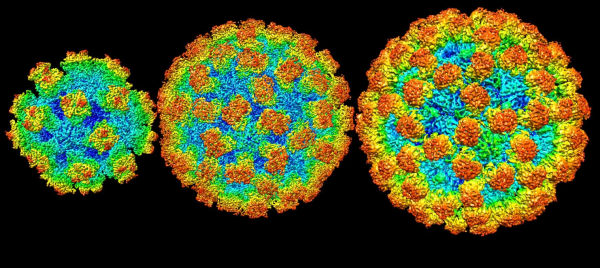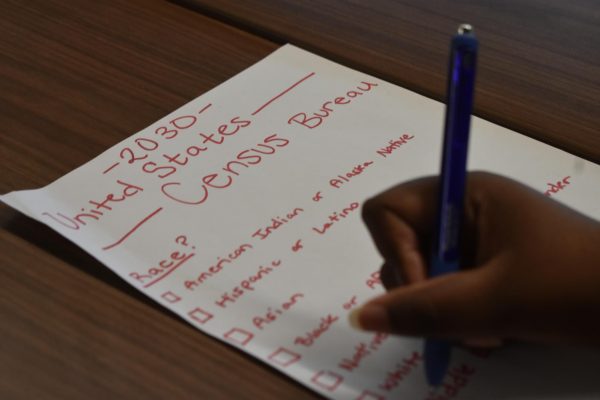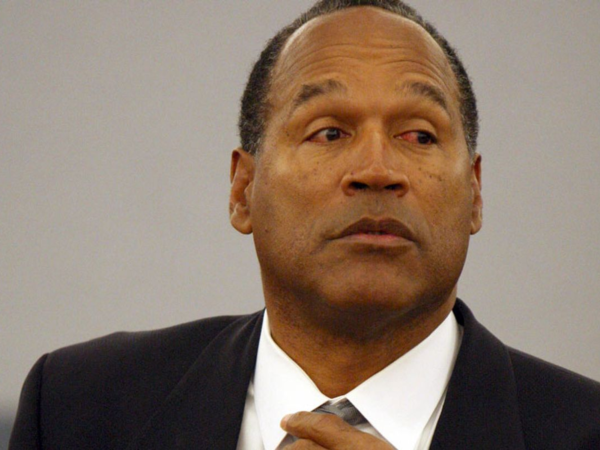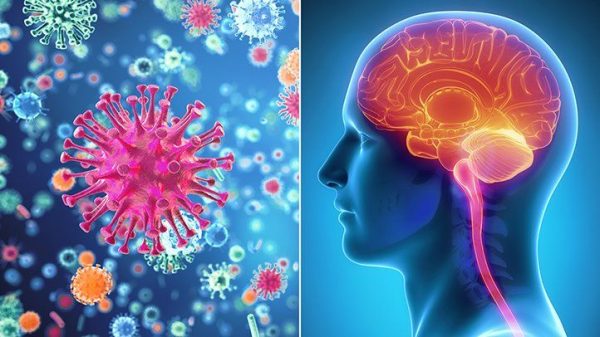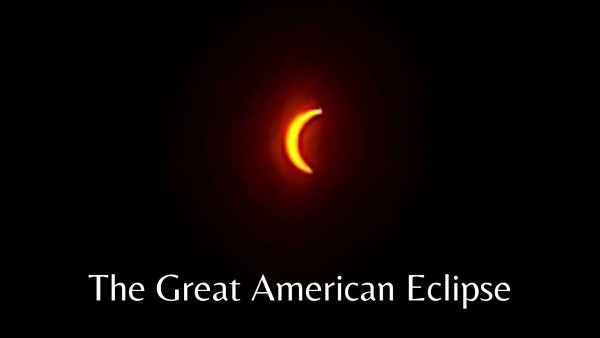November marks Native American Heritage Month
courtesy of www.tribalnationsmaps.org
While the general population of Americans utilizes the month of November to give thanks, the Native American community utilizes November to recognize the adversity and atrocities they faced. This month aims to raise awareness and spread the rich history that the undercelebrated culture holds.
November 16, 2022
November serves as a month to celebrate the rich and diverse cultures of Indigenous people in America. Using this time raises awareness of the distinctive difficulties that Native people encountered historically and currently, as well as the efforts made by tribal members to overcome these obstacles. The promise that America would treat Native Americans with respect and equality has failed to hold up. Broken treaties, the revoking of ancestors’ lands, assimilation and termination programs all serve to reduce Native populations and their lifestyle. However, Indigenous communities continue to survive and thrive despite all odds.
“I believe Native American heritage month should be celebrated because not only did the original tribe help establish America and fight for independence, but they have also been mistreated and enslaved throughout history…we deserve a month of celebration for everything we have been through,” junior Savannah Bywaters said.
In 1990, President George H. W. Bush signed a joint resolution designating November as Native American Heritage Month. The resolution recognizes Native Americans as the country’s first settlers and acknowledges contributions to the United States and the rest of the world, particularly through the gathering of corn and potatoes. Congress noted Native Americans for their assistance to the early European explorers of North America and the American Founding Fathers.
Native American Heritage Month makes a direct correlation with Thanksgiving, as Indigenous communities consider it a day of mourning. European colonists murdered millions of Native Americans as they infringed upon their land; additionally, these colonists stripped them of their food and culture. Subsequently, Native American populations tend to minimize the celebration of the festive month.
With the Native American population continuing to dwindle, people publicly strive to educate themselves and tell stories of Indigenous people. For example, historic sites such as preserves and parks reside in various states across the country to keep the legacy alive. Additionally, Native populations celebrate with Pow Wows, where indigenous people gather and dance, sing and honor the traditions of their ancestors. Pow Wows today last one to four days and frequently attract attendees traveling hundreds of miles to take part in the festivities.. Aiming to promote the positive elements of their culture to outsiders; participants welcome non-Native American spectators to attend.
“My family originated from the Lakota Sioux, which is special because we were part of the original Lakota tribe that was slaughtered in the massacre of the Little Big Horn that you learn about in US history. After the massacre, our original tribe, Lakota, broke up into smaller tribes and that is where Lakota Sioux originated from. My family takes part in Pow Wows for special occasions. Some of my family even dresses up and dances around the fire at Pow Wows. We do not celebrate Thanksgiving though because of what the Pilgrims did after dinner. We still eat yummy food on the holiday, we just don’t celebrate the holiday for its original holiday,” Bywaters said.




